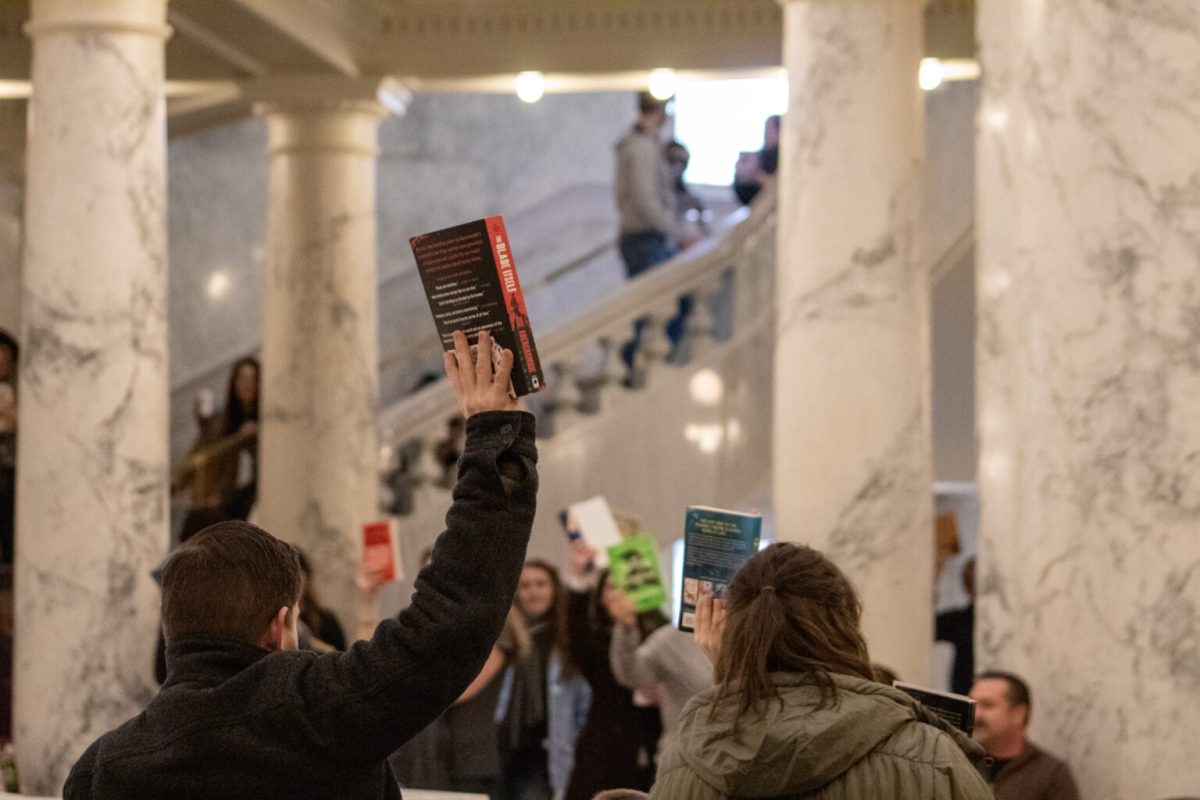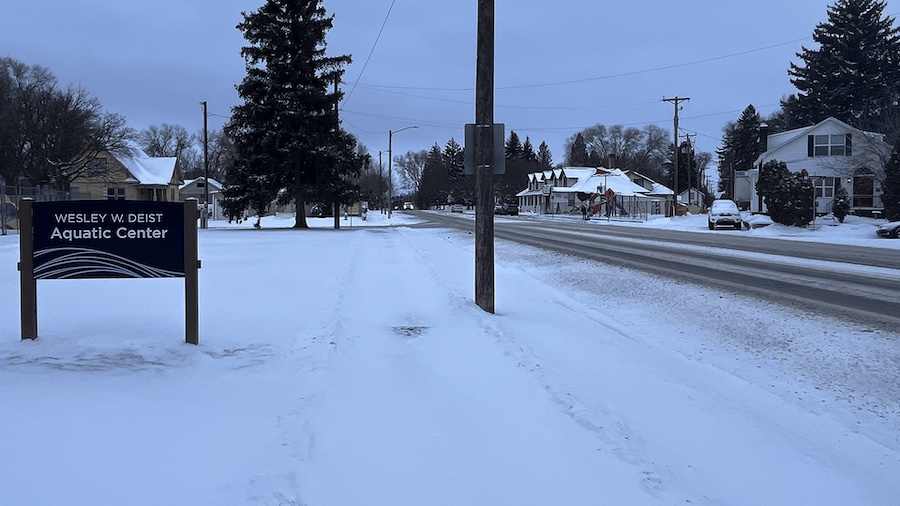Many people are aware that the First Amendment gives us, United States of America Citizens, the right to speak on any subject, known as free speech. While that specific right may be in question today, most do not realize it also applies to what we read as well. It makes sense though, to be able to speak on any subject, we have to be able to research any subject as well. A book “Relocation Bill” that was introduced last year to Idaho legislation brings up an important question about that very right, does it apply to minors?
House Bill 314, as currently understood, would prohibit any librarian from giving or making any materials available to minors that “depicts nudity, sexual conduct, or sadomasochistic abuse that is harmful to minors”. It states that the minor, parent, or legal guardian who obtains the “harmful material” must provide written notice, asking for the school or library to move said material to a section that only allows adults. If the library does not comply within 30 days, the individual has the right to sue for 250 dollars. Jaron Crane, one of the representatives sponsoring the bill, claims the bill is “designed to protect minors from harmful materials without banning or burning books”.
This is the second time House Bill 314 has been brought to the floor, this time as House Bill 384. The basics of the bill are the same but the explanation Governor Brad Little gave for his veto before had two main issues, the expensive originally $2500 lawsuit and the “ambiguous” language that might have created “unintended consequences for libraries and their patrons” if passed. Jaron Crane, one of the representatives sponsoring the bill, and his fellow sponsors made the necessary changes that became House Bill 384 and returned it to the floor.
Although the intention seems very honorable, one of the main concerns that those who oppose the bill have is the moral and financial strain this would put on the librarians. There is a very thin line between protecting children and censoring the information youth are allowed to read because they do not fit your personal beliefs. Peter S. Jennison, the author of The Mimosa Smokers, summarized what I believe is the issue students are struggling with today when he explained, “Children deprived of words become school dropouts; dropouts deprived of hope behave delinquently. Amateur censors blame delinquency on reading immoral books and magazines, when in fact, the inability to read anything is the basic trouble.” One could argue that the real issue is the lack of action the legislation has done to help the negative impacts on children’s learning that have occurred because of serious world events like Coronavirus. A child’s lack of intelligence, both emotionally and physically, tends to be one of the factors why they end up not growing into their full, positive potential.
While there are mature books that aren’t necessarily appropriate for minors to be exposed to, I believe that we already have a legitimate system in place to do our utmost to prevent that from happening and that it primarily should be the parent’s responsibility to monitor and choose what their child reads or watches, often because the idea of pornography is subjective unless taken to the extreme. For example, Isabella Burgess, an associate librarian who testified recently at a public hearing over the bill claimed that there was an underlying attack on LGBTQ+ individuals and their values. This is because the state’s definition of “sexual conduct” applied in the bill includes any act of homosexuality. The claim was effectively corroborated in that very hearing when Jennifer Holmes, a former school teacher, and parent, testified that she had a personal experience in which she observed two men kissing on the cover of a DVD found in her library and had to remove it before her children were “exposed” to it. Would she have the same issue if it were a man and a woman? You would be hard-pressed to find anyone who thinks a kiss is on the same level as “porn” as she claimed. Finding high school couples, many of the minors they are claiming lose their innocence when exposed to similar material, sneaking kisses down a hallway is a common occurrence for many students. Again the subjectiveness is based on the parents’ idea of harmful materials. What is seen as harmful to one person may not be to another.
Jennifer Holmes, like many others who testified in approval of the bill, was unable to give any specific examples or note any names and pages of their claim that children are being “hypersexualized” and “regularly exposed to graphic sexual materials” actually IN libraries. Giving the imagery of an overbearing parent’s platitudes of “just trust me”, which is offensive considering the generally educated adults that were present in the crowds.
There have been worries that Idaho legislators are not taking those who are considered “dissenters” concerns seriously among a generally conservative population. However, differing ideology has nothing to do with the purely logical effects that are appearing. In a recent survey conducted they found, “60% of respondents said they are considering leaving library work as a result of legislative action focused on libraries, 60% of respondents said they are considering leaving Idaho because of actions of the Idaho Legislature in the last year, 77% of respondents said they know library workers who have left their jobs to find other work because of library-related legislation in Idaho, 80% of respondents said they know library workers thinking of leaving their jobs in libraries because of actions of the Legislature”
These are people who come from many different backgrounds and beliefs, including those who tend to be more conservative. The damages this half-considered bill would create are ones that even our surrounding public libraries. When Robert Wright, the long-standing director of Idaho Falls Public Library was asked about his thoughts he simply stated “I work in Idaho Falls Public Library. We are one of the largest libraries in eastern Idaho. We cannot afford to do this.” By “this” he meant implementing the bill that is passing through our legislation today. If our largest libraries are unable to comply, how will our smaller branches, ones that I would like to point out we just created, survive this careless purge of both libraries and librarians? As Idahoans we have to choose, are we ready to face the repercussions if this bill, or others like it, are passed?
*Senate Bill failed by one vote Thursday February 22, 2024















